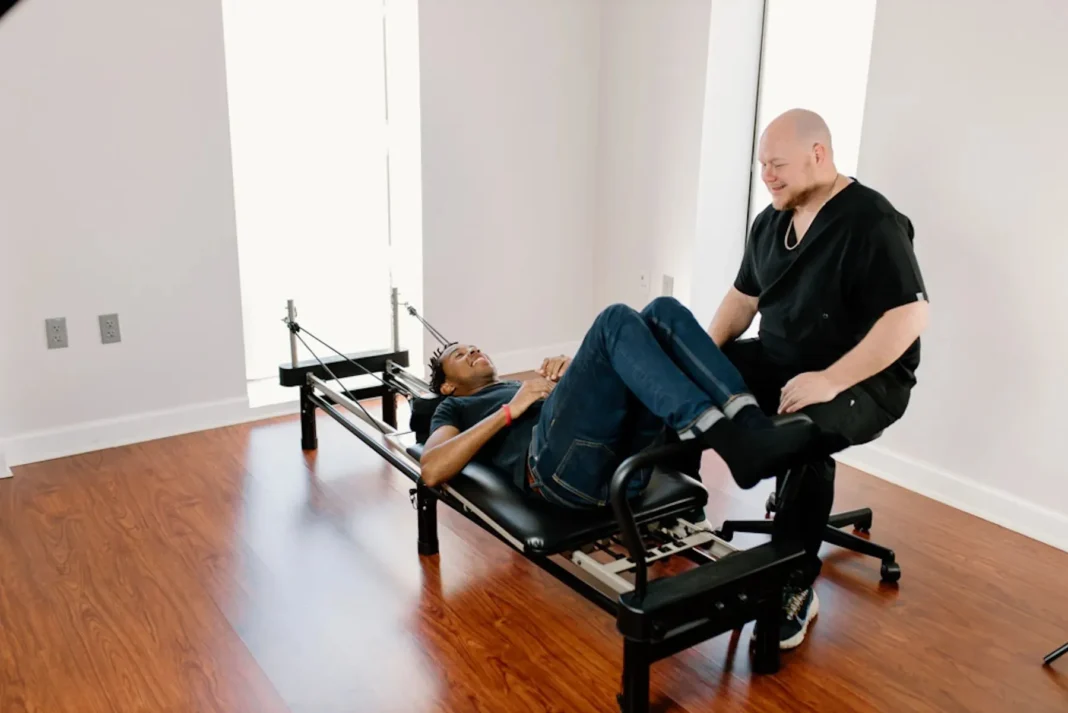The musculoskeletal system encompasses all the structures that allow your body to move and maintain its shape. When injuries or conditions affect these structures, orthopedic surgeons provide comprehensive care to restore function and reduce pain. Their expertise spans from treating simple fractures to performing complex joint replacements and spinal surgeries. Understanding the role of orthopedic surgeons can help you make informed decisions about your musculoskeletal health.
What Is an Orthopedic Surgeon?
An orthopedic surgeon is a medical doctor who has completed specialized training in the diagnosis and treatment of musculoskeletal conditions. These surgeons possess both surgical and non-surgical treatment skills. They understand the complex anatomy of bones, joints, muscles, ligaments, and tendons. This comprehensive knowledge allows them to develop treatment plans tailored to each patient’s specific condition and lifestyle needs.
What Services Do They Provide?
Orthopedic surgeons offer a wide range of services to address musculoskeletal problems. They begin with comprehensive evaluations that include physical examinations, medical history reviews, and the interpretation of diagnostic imaging. These assessments help determine the most appropriate treatment approach for each patient.
Non-surgical treatments form a significant portion of orthopedic care. These may include physical therapy prescriptions, medication management, and injection therapies. Many orthopedic conditions respond well to conservative treatment approaches, and surgeons typically explore these options first.
Surgical interventions become necessary when conservative treatments fail to provide adequate relief or when the condition requires immediate surgical attention. Orthopedic surgeons perform procedures ranging from minimally invasive surgeries to more traditional operations. They also provide post-operative care and rehabilitation guidance to improve recovery outcomes.
What Conditions Do They Treat?
These surgeons treat a wide range of musculoskeletal conditions. Common conditions include fractures, arthritis, sports injuries, and degenerative disc disease. Arthritis includes osteoarthritis, rheumatoid arthritis, and other inflammatory joint conditions. Treatment options range from medication and physical therapy to joint replacement surgery when conservative measures prove insufficient.
Sports-related injuries constitute another significant category of orthopedic conditions. These may include torn ligaments and stress fractures. Spinal conditions, such as herniated discs, spinal stenosis, and scoliosis, also fall within the scope of practice of an orthopedic surgeon.
How Can They Improve Your Mobility?
These surgeons focus on restoring and maintaining mobility through various treatment approaches. They assess movement patterns, joint function, and muscle strength to identify factors limiting your mobility. This comprehensive evaluation guides the development of personalized treatment strategies.
Pain reduction plays a valuable role in improving mobility. By reducing pain, patients may experience immediate improvements in their ability to move and participate in daily activities. Surgical procedures can also significantly enhance mobility for patients with severe joint damage or structural abnormalities. Post-treatment rehabilitation guidance helps patients strengthen their mobility gains.
Schedule a Consultation Now
Orthopedic surgeons provide comprehensive care for a wide range of musculoskeletal conditions, combining both surgical and non-surgical treatment approaches. Their specialized training and expertise enable them to address a wide range of conditions, from simple injuries to complex disorders affecting bones, joints, and soft tissues. These medical professionals specialize in restoring function, reducing pain, and enhancing the quality of life for their patients.
If you’re experiencing persistent joint pain, limited mobility, or have suffered a musculoskeletal injury, consulting with a specialist can provide valuable insights into your condition. Early intervention may lead to better outcomes and prevent the need for more extensive treatments later. Contact an orthopedic specialist today to discuss your symptoms and explore treatment options that can help you return to an active, pain-free lifestyle.
- Pedrovazpaulo Wealth Investment: Unlocking Financial Freedom Through Innovative Strategies
- EO Pis: A Comprehensive Guide to Environmental Objectives and Performance Indicators
- Premiumindo69: The Future of Digital Entertainment
- Macadamia Nut Milk: Health Benefits, Recipes, and Why It’s the Perfect Dairy-Free Alternative
- Hentquz: The Future of Productivity and Collaboration


